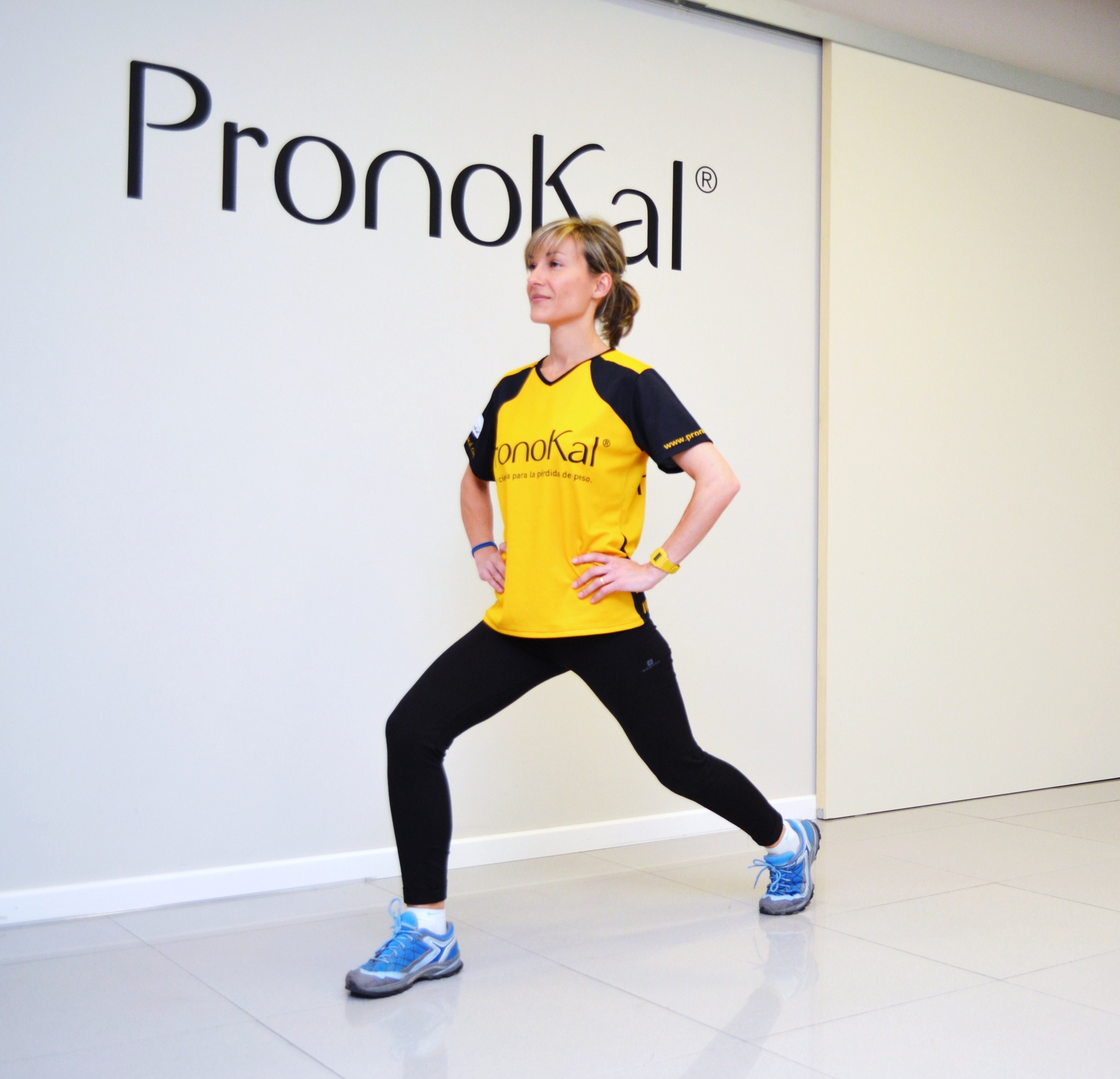So, you've got the weight off. Well done! Now you want to keep it off and stay healthy…or perhaps even improve your health. Studies of weight loss have shown that it can be difficult to stay at your target weight, and there are several important reasons for this. At PronoKal we want to help you avoid putting weight back on. So this series of blogs will look at ways to help you maintain a stable weight and improve health. In this post, I want to talk about exercise.
Those of you who have used the PronoKal PnK Method to achieve healthy, rapid weight loss, will know that we recommend resistance exercise (weight-training, calisthenics...) plus limited amounts of mild- to moderate-intensity aerobic exercise during the phase of ketosis (see our Keto and Exercise blog). As you come out of ketosis, increasing emphasis is put on aerobic exercise to build up to an appropriate combination of aerobic and resistance exercise, always in the context of a healthy, balanced diet.
Why use a mix of aerobic and resistance exercise?
In the same way that the body responds best to a healthy balanced diet rather than diets with an excess or deficit of any particular nutrient, so too will it respond best to a balanced exercise regimen. There is considerable overlap in the effects of each type of exercise in both their physical and mental effects, but
- Aerobic exercise is particularly good for heart and respiratory health and blood pressure, it improves HDL (good) cholesterol levels and blood sugar levels, it can boost your mood, and it can help in weight management. Examples include walking, dancing, aerobics, running, cycling, and swimming.
- Resistance exercise improves muscle strength and volume (especially as we age), muscle tone, balance, bone strength, and it reduces inflammation. this type of exercise also has important mental health effects (reducing depression and risk of dementia). Examples include weightlifting, calisthenics and Pilates.
A 2021 study showed that either form of exercise or a combination of the two can improve health-related quality of life, including physical function, body appearance and mental well-being.
What is a good balance of aerobic and resistance exercise?
This will depend in part on your goals. Here I am just looking at getting and staying healthy. Those who are seeking specific goals in terms of boosting muscle mass or strength, competitive sports and the like, should talk to a personal trainer to get an individualised plan.
In their Physical Activity Strategy for the European Region 2016-2025, the World Health Organisation recommends 150 minutes of moderate-intensity aerobic activity each week for adults, including older adults, when health allows. Those who cannot achieve this level of activity should be as active as possible, as any level of activity is better than no activity at all. Little detail is given, however, on the balance of aerobic and resistance exercise.
A study from 2012 showed that combined aerobic and resistance exercise improved body composition, strength and cardiovascular fitness more than aerobic exercise alone.
A very recent study (Brit J Sports Med, September 2022) reveals the health benefits of a combination of aerobic and resistance exercise. They have shown that each type of exercise alone is very beneficial, significantly reducing the risk of early death. The best result in that study was with 150 minutes of aerobic exercise plus 1 or 2 sessions of resistance training each week.
More intensive programmes (longer duration, more sessions) can increase the health benefits up to a point, but take note that we can overdo it, and cause negative effects. If you want to do more than 300 minutes of moderate or intense aerobic exercise or more than 3 or 4 resistance exercise sessions a week, you should talk to a personal trainer.
Can exercise help me control my weight?
Exercise should be part of every weight management plan, whether that be weight loss, weight stability or weight gain. Apart from the health benefits mentioned above, exercise has important effects on metabolic health, helping to keep energy systems working efficiently and effectively. This is particularly relevant to patients with metabolic syndrome, a combination of health conditions that increase your risk of diabetes, heart disease and stroke.
Your plan should always be combined with a diet plan individually adapted to your goals. Neither is effective without the other.
 Image Source: Unsplash
Image Source: Unsplash



